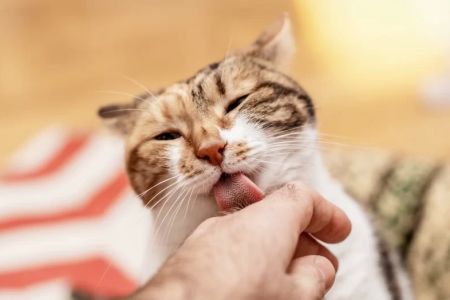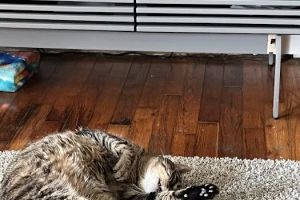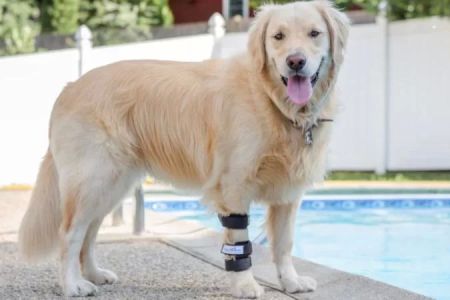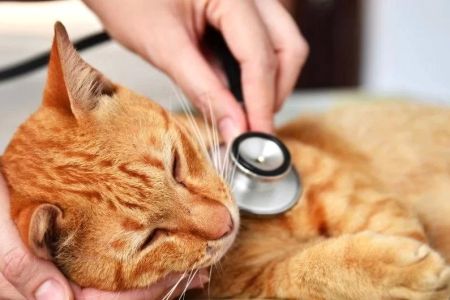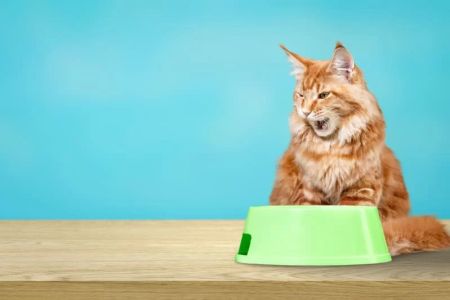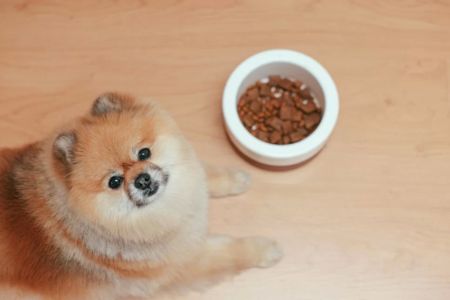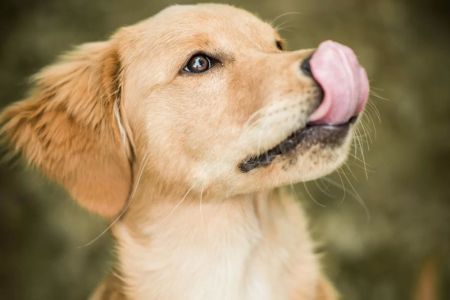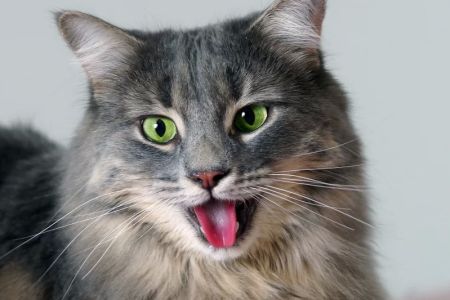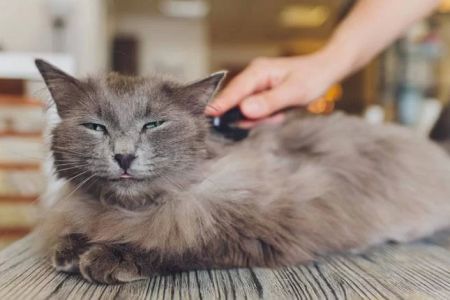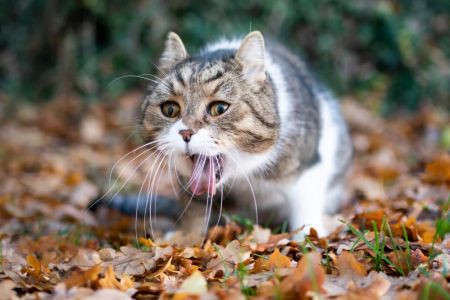Why Is My Cat Licking and Drooling Excessively?
If you’re a cat owner like me, you may have experienced moments where your cat licks and drools excessively, leaving you wondering what’s going on. At first, I thought it was just a quirky habit, but over time, I noticed that my cat, Whiskers, was licking and drooling much more than usual. The situation began to worry me, so I decided to dive deeper into understanding why this might be happening.
Excessive licking and drooling in cats can be caused by a variety of factors, ranging from behavioral issues to medical conditions. As I began researching, I discovered that there are several potential reasons behind these behaviors. From anxiety and stress to more serious health concerns, it’s crucial to get to the root of the problem in order to provide the best care for your cat.
1. Anxiety or Stress: A Common Cause of Excessive Licking and Drooling
One of the first things I learned during my research was that anxiety or stress can cause cats to engage in excessive licking and drooling. Cats are known for their independence, but they can also be very sensitive to changes in their environment. Whether it's a new pet, a move to a new home, or a change in routine, these kinds of disruptions can make your cat feel anxious or unsettled.
In Whiskers' case, I realized that the excessive licking and drooling coincided with a major change in our home. We had recently adopted a second cat, and Whiskers was not thrilled about the newcomer. The stress of adapting to the new situation led to her licking and drooling as a way to self-soothe. Just like humans might bite their nails when stressed, cats may lick or drool excessively as a coping mechanism.
If your cat is dealing with stress, providing a calm and secure environment can help alleviate the problem. Consider using pheromone diffusers or sprays designed to reduce anxiety in pets. Additionally, giving your cat plenty of space and quiet time to adjust can work wonders.
2. Oral Health Issues: When Drooling and Licking Could Indicate Pain
Another cause of excessive licking and drooling in cats is oral health problems. Cats can develop dental issues such as gingivitis, periodontal disease, or even abscesses that cause pain and discomfort. In Whiskers' case, her excessive drooling and licking became more pronounced after I noticed some signs of oral discomfort, including bad breath and difficulty eating.
Oral health issues are common in cats, especially as they age. Drooling is often a symptom of dental disease, as the cat may find it difficult to swallow due to pain or irritation in the mouth. Licking is also a way for cats to soothe themselves when their teeth or gums hurt. If you notice any of these signs, it’s important to schedule a vet visit to rule out oral health problems.
During my visit to the vet, Whiskers was diagnosed with early-stage periodontal disease. The vet recommended a dental cleaning and a special oral care routine at home, which helped significantly reduce her drooling and licking.
3. Nausea and Digestive Issues: Drooling as a Symptom
Excessive drooling can sometimes be linked to nausea or digestive problems. Cats are prone to gastrointestinal issues like hairballs, food sensitivities, or even infections that can cause them to drool more than usual. For Whiskers, I noticed that when she was drooling excessively, she also seemed to be less interested in eating and had an upset stomach.
Nausea or vomiting can trigger excessive drooling, as the body prepares to expel unwanted substances from the stomach. If your cat is also showing signs of nausea such as lack of appetite, vomiting, or lethargy, it’s important to consult with a vet to identify the underlying cause.
After discussing her symptoms with the vet, we discovered that Whiskers had a sensitivity to a particular type of food. Once I switched to a more suitable diet and incorporated some anti-nausea treatments, her drooling and licking behavior significantly decreased. Monitoring your cat’s diet and looking for signs of digestive distress can help you pinpoint the problem.
4. Foreign Objects in the Mouth or Throat
Sometimes, excessive licking and drooling can be a result of something physically lodged in your cat's mouth or throat. Whether it's a small toy, string, or a piece of food, foreign objects can cause irritation and discomfort, leading to excessive drooling and licking as your cat tries to remove the object.
In one instance, Whiskers developed excessive drooling, and after a closer look, I noticed a small piece of string stuck between her teeth. She had been licking and drooling in an attempt to dislodge it. If you suspect a foreign object is causing your cat's behavior, it’s important to carefully check their mouth or take them to the vet if you're unsure.
5. Feline Hyperesthesia Syndrome: A Rare but Possible Cause
While less common, there is a condition called feline hyperesthesia syndrome (FHS) that can lead to excessive licking, drooling, and unusual behavior in cats. FHS is a neurological disorder that causes extreme sensitivity to touch, skin twitching, and sometimes compulsive behaviors like licking or biting at the skin. Although Whiskers didn’t have FHS, I learned that this condition could cause similar symptoms to the ones we were seeing.
If your cat is displaying abnormal behaviors like twitching, vocalizing, or biting at their skin, it’s worth discussing the possibility of FHS with your vet. While the condition can be challenging to treat, your vet may recommend medications or behavioral therapy to help manage the symptoms.
6. When to Seek Veterinary Help
If your cat’s excessive licking and drooling persists or is accompanied by other concerning symptoms like weight loss, difficulty eating, or behavioral changes, it's essential to consult with a veterinarian. A vet can help diagnose the cause of the symptoms through physical exams, lab tests, or imaging, and recommend the appropriate treatment plan.
For Whiskers, the journey to find the cause of her excessive licking and drooling wasn’t immediate, but with the help of our vet, we were able to identify the issue and make the necessary changes to improve her comfort and well-being. Whether it’s stress, dental issues, or another underlying condition, your vet will be able to guide you toward the best course of action for your cat.

